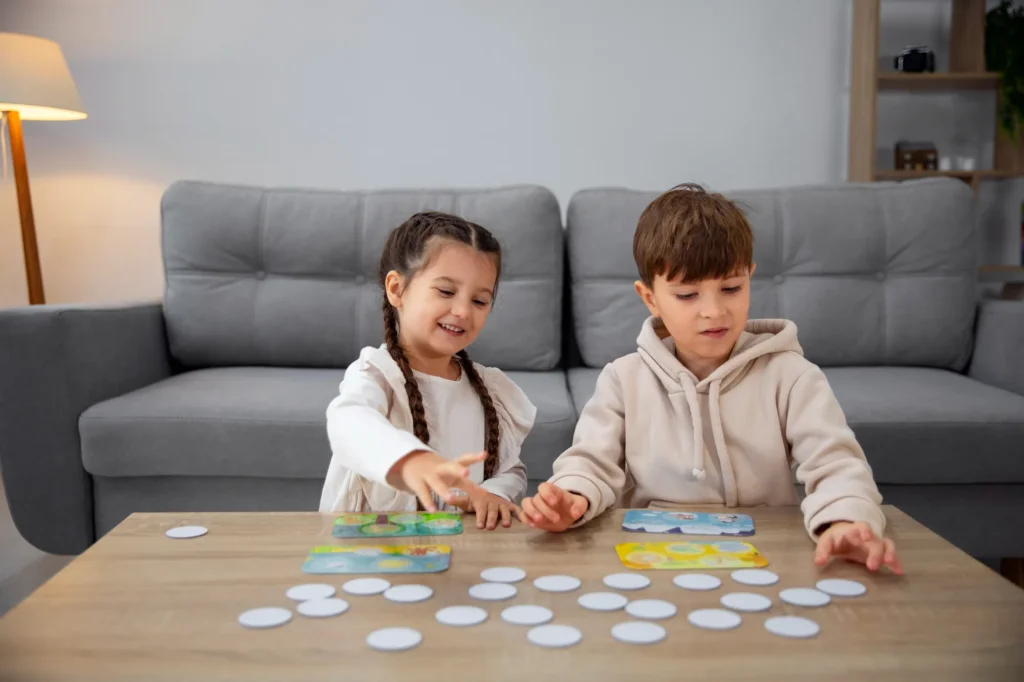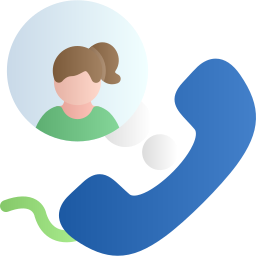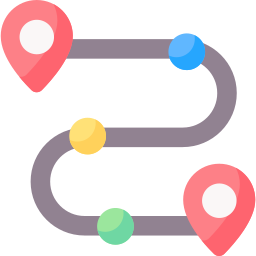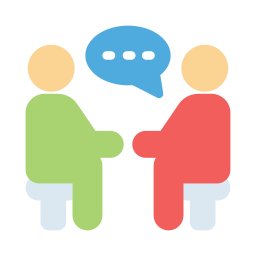Zenzability provides early intervention support for NDIS participants under 7 years of age. We work with children who have developmental delay or disability, offering therapy to build communication, movement, social interaction, and independence.
Zenzability delivers early childhood intervention under the NDIS for children who are developing differently or have a diagnosed disability. Our team includes speech therapists, occupational therapists, and professionals who understand how early skills shape long-term development.
Support is available with or without a diagnosis, and therapy plans are based on your child’s everyday activities—play, meals, communication, transitions, dressing, and movement. Sessions are shaped by what your child shows us: how they engage, express themselves, and learn.
We support families as active participants. Our team models strategies, builds capacity, and helps you use therapy techniques during daily routines—not just in sessions. Whether your child is learning to speak, move confidently, follow instructions, or participate in play, we create support plans that build on what’s working.
Early childhood intervention is typically funded under the NDIS early childhood approach. We support both self-managed and plan-managed families and can assist with the application process if you’re seeking access to NDIS support for the first time.

We provide NDIS-funded therapy for children under 7 who are developing differently or have a disability.
Support includes:
Services include:

You don’t need a diagnosis or referral to speak with us. If your child is under 7 and you're concerned about communication, play, behaviour, or physical development, contact us by phone, email, or our online form. We’ll explain how early childhood intervention works and what supports may be available under the NDIS.

We’ll arrange a conversation with you to understand your child’s daily experiences, strengths, and challenges. Whether you already have an NDIS plan or are still applying, we can help you make informed decisions and connect with the right services.

Once services are confirmed, we match your child with the right therapist. Therapy sessions are built around daily routines, using strategies that support communication, movement, attention, and independence. Plans are reviewed regularly and adapted as your child grows and changes.
If your child is under 7 and finds it hard to communicate, follow instructions, join in play, manage their emotions, or meet physical milestones, early intervention may help. You don’t need a diagnosis to enquire. Zenzability can support families who are noticing delays in development or who’ve been told by a GP, educator, or child health nurse that extra support might be needed.
We offer speech therapy, occupational therapy, and family-led support. Depending on your child’s needs, this might involve developing early words, improving hand use, supporting regulation, building play and interaction, or introducing communication tools.
Every session looks different, because every child is different. Some children work on speech and sound development using play and simple communication routines. Others might practice hand skills, movement, or social turn-taking. Sessions might include helping your child get more comfortable with textures, manage transitions, or use a visual tool. You’ll be present and involved, and our therapist will model strategies you can carry into the rest of your day.
Short-term early intervention offers targeted support for children with developmental concerns, aiming to build skills and reduce the need for long-term intervention. These supports are typically provided over a few months and focus on the child’s and family’s immediate needs.
